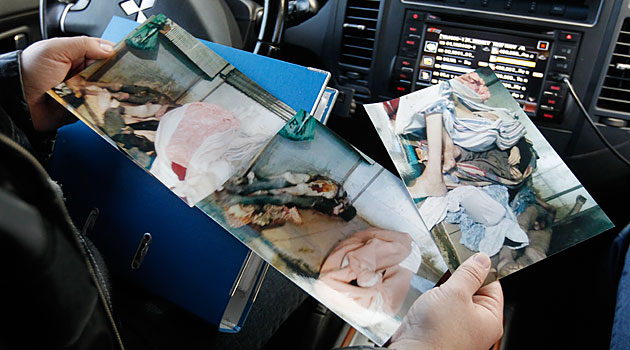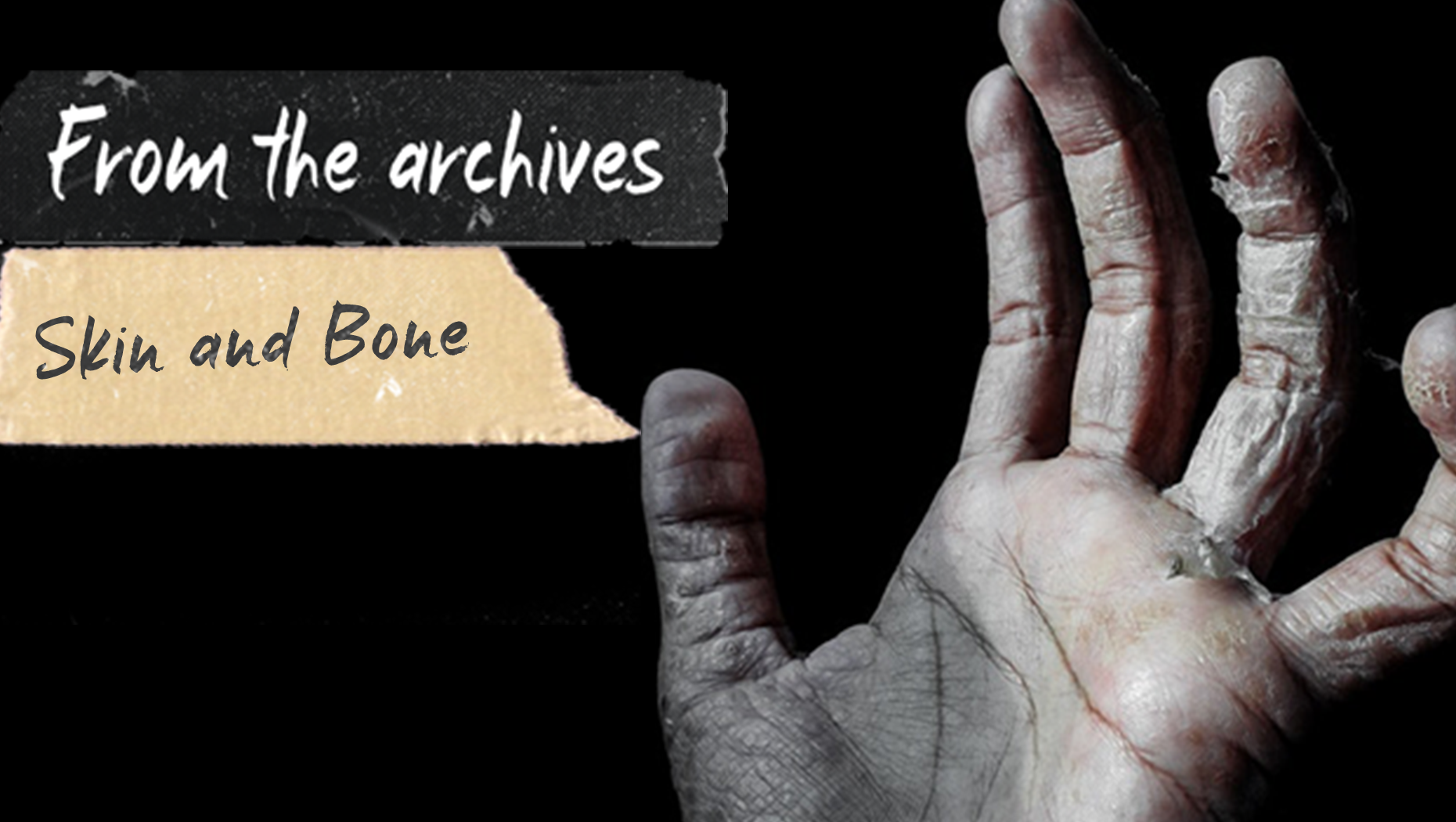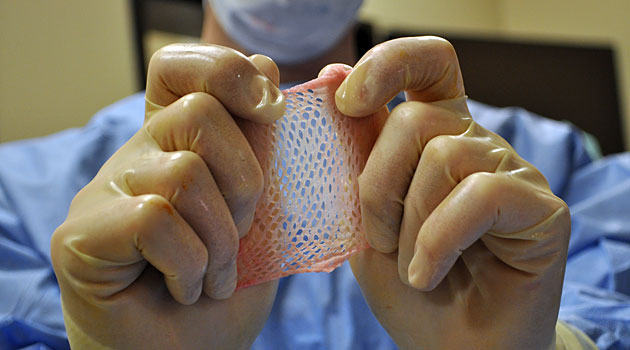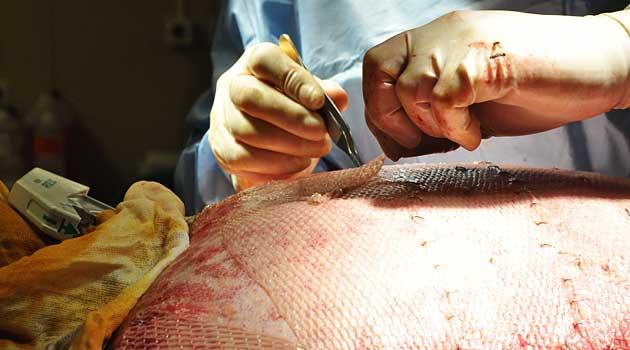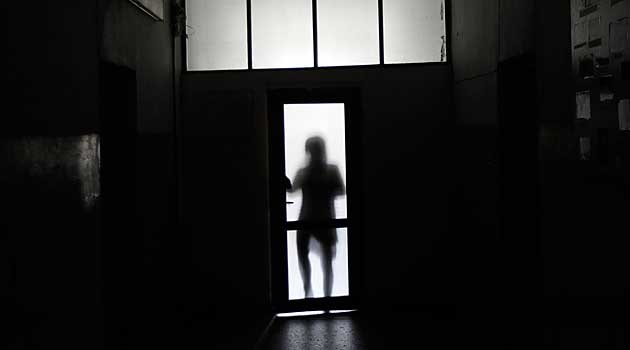One of the biggest players in the global trade in human tissue has suspended its partnership with suppliers in Ukraine, where authorities have carried out multiple investigations over allegations of illegal tissue recovery.
RTI Biologics, a Florida-based manufacturer of medical implants made from skin, bone and other human parts, “made a decision to voluntarily suspend import of tissues from Ukrainian institutions,” the company said in a statement Thursday.
Congressional staffers and the Pentagon announced this week they were reviewing contracts the government holds with RTI and its German subsidiary Tutogen Medical. The International Consortium of Investigative Journalists reported in July on RTI’s relationship with morgues under investigation for allegedly forging documents or bullying families into signing donor consent forms.
“We comply with comprehensive regulations, both from U.S. regulatory authorities and those of other countries, that govern each and every activity performed by tissue banks,” RTI said.
Ukrainian law, like U.S. law, requires donors or their loved ones give express consent before tissue can be recovered.
The trade in human parts is a billion-dollar industry that is growing and changing so rapidly, legislation has a hard time keeping pace. It is illegal in most countries to buy or sell human parts, but companies can charge fees for handling the tissue. RTI is a publicly-traded company that warns its stockholders, “the supply of human tissue has at times limited our growth, and may not be sufficient to meet our future needs.”
RTI obtains tissue from more than 30 procurement agencies in the United States as well as in places such as Ukraine. The company supplies hospitals in more than 30 countries and in all fifty states. Records show the company has offered Ukrainian tissue to hospitals in New York.
German officials had planned a September inspection of 10 Ukrainian morgues that supply Tutogen, according to Ines Schantz, a spokeswoman for the Upper Bavarian government in Germany. But the company withdrew its licenses to import tissue from Ukraine into Germany on August 20.
The German government subsequently cancelled its plans to inspect the foreign tissue agencies. “After the removal of all the institutes from the import license, there was no legal basis any longer to perform the planned inspection,” Schantz said.
She said German authorities continue to investigate human tissues already imported from the Ukraine.
ICIJ’s eight-month investigation revealed that Tutogen, which was acquired by RTI in early 2008, has for years relied on its Ukrainian suppliers for a significant amount of human tissue in spite of concerns raised within the company more than a decade ago and a series of subsequent investigations.
In a 2001 memo marked “Strictly Confidential!!!!” Tutogen urged an exit strategy from Ukraine. Operating in Ukraine was “high risk” company executives wrote.
Their middleman there, Igor Aleschenko, was asking for more and more money to play the role of intermediary between the regional satellite morgues around Ukraine and Tutogen in Germany.
“The flow of money is difficult to track,” the memo read. “Direct control over our resources is impossible.”
“We can’t control the activities of the middlemen, and commitments are not being honored,” the memo read.
On the other hand, remaining in the country would “buy us time to win over other donor countries,” the memo read. “Rebuilding a source of donors is crucial… More donors are required.”
The company didn’t pull out of Ukraine and it continued to work with Aleschenko.
Since then, Ukrainian authorities have launched at least four criminal investigations into allegations of illegal issue recovery by Tutogen suppliers, all of which are registered with the Food and Drug Administration, the U.S. agency that oversees the trade.
Families in Kiev complained to police in 2005 that a morgue supplying Tutogen was taking tissue without proper consent. The criminal case was closed after an initial investigation. Prosecutors determined that, under Ukrainian law, they couldn’t prove a crime had been committed if they couldn’t prove that the tissue had been transplanted into someone, court records show.

Three years later Ukrainian police investigated another Tutogen supplier in central Krivoy Rog. Families claimed they were tricked, pressured or threatened into consenting. Police said in some cases signatures had been forged.
Those charges were dropped after the director of the morgue died while the jury deliberated in his criminal trial.
This February, police raided the Nikolaev morgue in southern Ukraine. RTI soon after withdrew that bank from its import license with the German government. The same day, the company deactivated the bank’s registration with the FDA.
In June police launched an investigation into similar allegations at the regional morgue of Ivano Frankivsk in western Ukraine.
Twenty Ukrainian banks remain actively registered with the FDA to import tissue directly to RTI in Florida. Among those are the Kiev morgue investigated in 2005 and the morgue in Ivano Frankivsk.
The FDA was unaware of previous and pending criminal investigations in Ukraine until ICIJ’s report. The agency declined to say whether it plans to carry out its own investigations or inspect the tissue banks involved. It did say it is cooperating with the Congressional probe.
“We at the FDA have read the ICIJ’s investigative series published in July,” the agency said. “The agency has received congressional interest in tissue regulation and plans to respond directly to the member of Congress.”

RTI is a prominent member of the American Association of Tissue Banks (AATB), the world’s leading trade group respected for setting high standards of safety and ethics. RTI’s executive vice-president chairs the AATB’s Accreditation committee. The company’s communications director chairs the AATB’s Public Relations committee. The company’s executive director of quality assurance sits on the AATB Standards committee. And the vice-president of RTI’s nonprofit donor recovery arm chairs the AATB’s Quality council.
The AATB did not respond to a request for comment.
Issues of informed consent have been raised against one of the company’s former U.S. suppliers as well. Michael Mastromarino, a former dental Surgeon from New York now serving a lengthy prison sentence, supplied the company with tissue from more than 1,000 cadavers.
In every case, the consent documents were forged. In most cases information about next-of-kin and physicians were fictitious. In some cases the bodies were infected with cancer, HIV or Hepatitis.
The company is scheduled to go to trial in October to defend itself in a class action filed by dozens of families who say the company should have tried to verify the information given by Mastromarino was accurate. RTI settled with 29 families that were party to the case earlier this year for $2.35 million.
